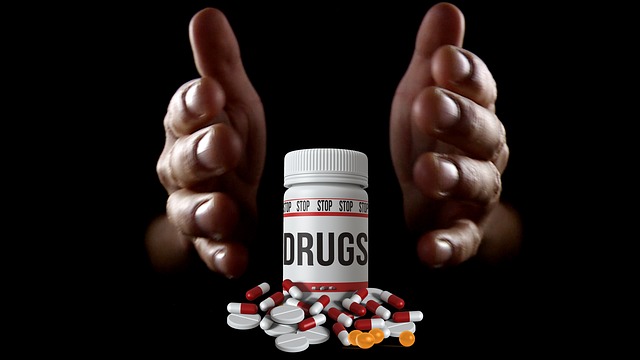I’m a little bummed about my Minnesota Twins. Drug problems are everywhere and my team is not exempt. Apparently, hydrochlorothiazide is a drug of abuse in MLB’s drug testing policy. Mike Pineda, one of the Twins pitchers failed a drug test and was found to have hydrochlorothiazide in his system.
In clinical practice, for medical purposes, diuretics (loops, thiazides, and potassium-sparing) are used ALL THE TIME. Heart failure, hypertension, and edema are a few of the most common reasons that this general class of medication is used. But why was he taking hydrochlorothiazide? It was reported that he used it to help control his weight. I’m not sure if he had something in his contract about his weight or if he felt that it was affecting his performance. He apparently had enough evidence to convince the judge that he was using it for weight and not masking other performance-enhancing drugs.
I was well aware of hydrochlorothiazide and other diuretics as potential drugs of abuse in individuals looking to cut weight for their particular weight division. Wrestling was a sport in high school that I recall hearing about the potential for drug problems.
Diuretics have been used to help dilute the urine. This can help reduce concentrations of other performance-enhancing drugs (and their metabolites) in the urine. When an individual takes a urine drug screen the hope is that the urine will be diluted enough to not trigger a positive result for another drug. Here’s an article that does a nice job of providing a lot of detail on the illicit practices of diuretic use.
I’m left with a few questions that I can’t seem to find the answer to in this situation. Full disclosure, I am not a lab expert, which maybe you can tell.
- What is a little perplexing to me is why a blood test can’t be drawn for patients who test positive for a diuretic? I can’t imagine the diuretic having any performance benefit at all. The diuretic should not have an impact on blood concentrations of any other performance-enhancing drug. In this case, maybe that was his compelling evidence to get his suspension reduced from 80 to 60 games?
- For sports that do not require a weight cutoff to be met, why are they considered drugs of abuse if blood testing could identify use of performance-enhancing drugs?
- I’m guessing that the dilute urine/diuretic practice has some effect from anecdotal reports, but it would be nice to see someone study this as I can find no studies that report whether this is an effective practice or not to mask other drugs of abuse.
He made a bad decision, trusting his acquaintance. With so much at stake, it is hard to imagine a situation where you’d rely on someone who is not an expert. If anyone from the MN Twins or MLB wants some pharmacy help or education about drugs of abuse, you can contact me here 🙂
If anyone has any articles or info on these specific questions, feel free to drop a comment below!
Eric Christianson, PharmD, BCPS, BCGP
- 30 medication mistakes PDF
- 18+ Page Drug Interaction PDF
- 10 Commandments of Polypharmacy Webinar based on my experiences in clinical practice



Sometimes a too dilute urine will be ‘rejected’ by the testing lab, under the assumption that the urine concentration does not reflect a ‘normal’ urine and that something is trying to be hidden.
Interesting point as the diuretic would [sort of] have the opposite effect in the blood, hemo-concentrating. What did they do for athletes with high blood pressure under JNC 7’s guidance? This seems like it’d be really easy to dispute some of these. We had a skeleton racer from my high school who was banned for finasteride use (and a picture of him showed quite clearly why 1 mg po QDay was prescribed).
I’ll have to contact my professors who did drug testing for the Olympics in 2002 (Salt Lake, UT) as this is a super interesting topic.
I’ve heard some NFL teams allow ketorolac administration and some do not – another quirky point.
I also think this is an interesting topic. Abuse of non-controlled drugs has unfortunately become more prevalent also. I have seen issues with promethazine and quetiapine use and have had to notify providers many times that these drugs are abused even though they are not controlled.
This article sheds light on the unexpected use of hydrochlorothiazide as a drug of abuse in sports, particularly for masking performance-enhancing drugs. It raises important questions about the effectiveness of urine versus blood testing and the rationale behind classifying diuretics as drugs of abuse in sports without weight divisions. A thought-provoking read for those interested in the intersection of pharmacology and sports regulations!